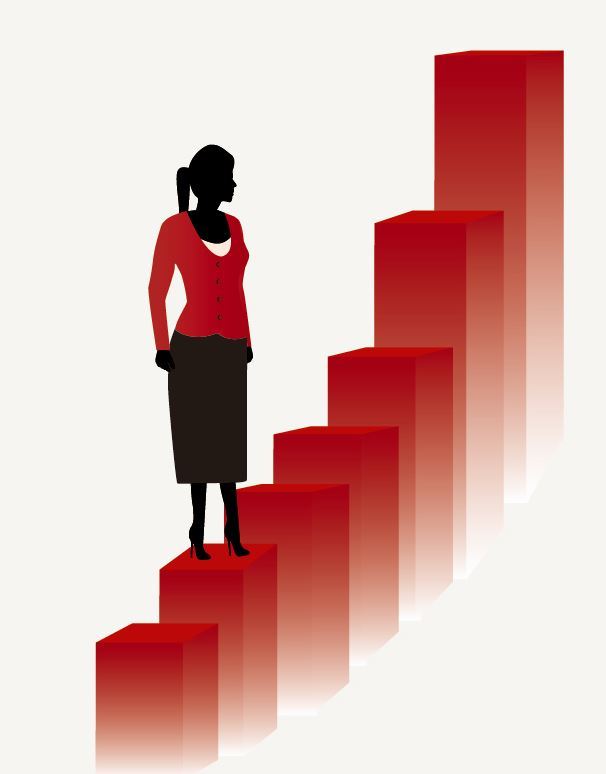IMF chief calls for boosting proportion of women in workforce
By YonhapPublished : Sept. 7, 2017 - 13:26
International Monetary Fund (IMF) chief Christine Lagarde called Thursday for boosting the proportion of women in the workforce to fuel economic growth amid rapid population aging in South Korea and some other Asian countries.
"Korea and Japan, for example, could further increase their focus on reforming secondary earner taxation and boosting child care benefits and tax incentives for part-time work," Lagarde said in a speech at a conference on challenges facing Asian economies in Seoul. She said the secondary earner is always the woman.
Women receive less than their male counterparts in many countries.

Lagarde also said emerging and developing countries, such as Cambodia and India, can benefit from expanding girls’ access to high-quality education and promoting women's access to finance.
"Taken all together, these initiatives could become an economic game changer," Lagarde said, adding that closing the gender gap in the labor market could boost the gross domestic product of South Korea and Japan by 10 percentage points and 9 percent percentage points, respectively, by some estimates.
She said countries, such as South Korea, China and Japan, could have smaller workforces in the future and potentially lower productivity growth as a result of an aged society.
In January, the Asia Development Bank said Asia is on track in the next few decades to have one of the most aged populations in the world, noting the region's elderly population is estimated to reach nearly 923 million by the middle of this century.
The ADB also said that governments in Asia are generally poorly prepared for population aging and that the favorable demographics that have driven high economic growth in the region are likely to reverse.
Bank of Korea Gov. Lee Ju-yeol said Asian countries should take steps to boost birthrates and to encourage elderly people and women to work longer as the region is not ready for a sharp drop in the numbers of workers.
"A failure in responding to population aging will make the escape from possible structural low growth difficult," Lee said.
Ko Hyoung-kwon, a vice finance minister, said, "Parts of the Asian region have the risk of getting old before becoming rich," citing a warning by the International Monetary Fund.
In 2016, the number of South Koreans over 65 accounted for 13.2 percent of the country's population, according to South Korean government data.
A country is defined as an aged society when more than 14 percent of its people are 65 or older.
In South Korea, the rapidly aging population is linked to some extent to the country's birth control policy in the past that has led to a chronic low birthrate in recent years.
South Korea's total fertility rate -- the average number of children a woman bears in her lifetime -- stood at 1.25 in 2016, much lower than the replacement level of 2.1 that would keep South Korea's population of 51 million stable.
The IMF chief said a stronger social safety net -- including a more reliable pension system ?- is crucial for China, because it facilitates the transition to consumption-led growth.
Lagarde then said Asia could benefit from reducing overly stringent regulations and fostering new ventures and fresh ideas, rather than protecting incumbents, noting the region has been a world champion in entrepreneurship, most recently in smartphone apps, e-commerce and fintech. (Yonhap)



![[Herald Interview] 'Amid aging population, Korea to invite more young professionals from overseas'](http://res.heraldm.com/phpwas/restmb_idxmake.php?idx=644&simg=/content/image/2024/04/24/20240424050844_0.jpg&u=20240424200058)













![[KH Explains] Korean shipbuilding stocks rally: Real growth or bubble?](http://res.heraldm.com/phpwas/restmb_idxmake.php?idx=652&simg=/content/image/2024/04/25/20240425050656_0.jpg&u=)

